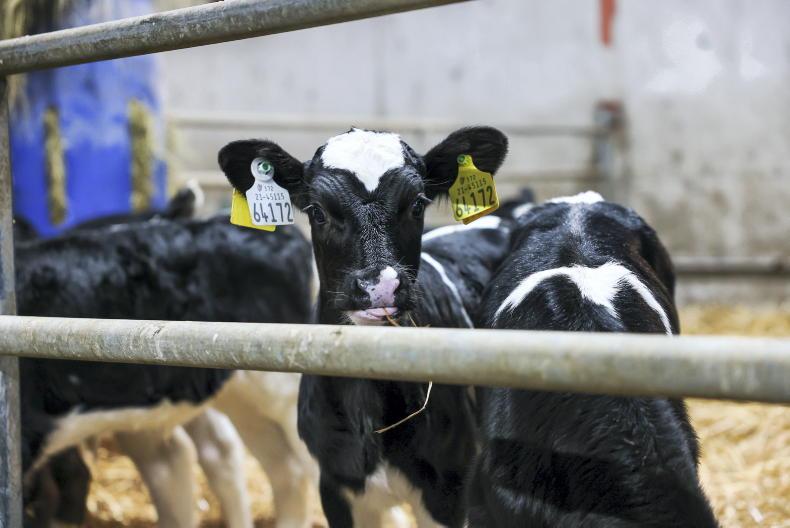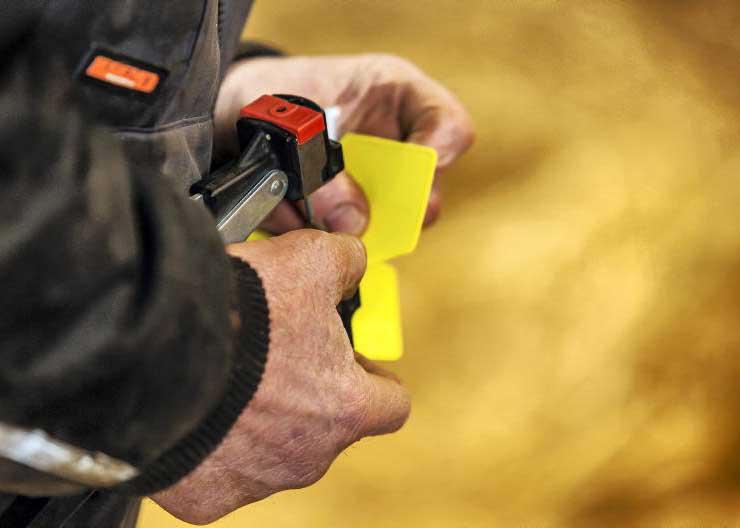New rules on exporting cattle to the Republic of Ireland (ROI) have come into effect after the country’s BVD eradication programme received official approval from the EU.
Cattle that are moving from NI to ROI for breeding or finishing are now subject to additional requirements, such as blood testing, a 21-day quarantine period, or both.
In particular, the rules for exporting pregnant stock have been described as “onerous” by the body that administers the BVD programme in NI.
Animal Health and Welfare NI said the new requirements for moving NI cattle to ROI were “not insurmountable” although it would “have an impact on farmer time and costs”.
Non-pregnant
To export non-pregnant animals, DAERA guidance states that proof of a negative tissue tag test, and housing in an approved quarantine establishment for 21 days, is “likely to be the easiest option” for most herds in NI.
Pregnant
For pregnant animals, the most straightforward option requires a negative tissue tag test, a 21-day quarantine and a negative blood test for BVD during the isolation period.
The new rules have already impacted local livestock sales. An auction of in-calf heifers from the herd of James Alexander, Randalstown earlier this week was unable to facilitate exports to ROI.
In the absence of having a separate shed approved by DAERA as an official quarantine establishment, pregnant animals need to have been blood tested before they were inseminated.
BVD-free status
A new system for assigning a BVD-free status to individual herds in NI is now available and can mean fewer requirements when moving stock to ROI.
However, DAERA expect uptake of this option to be low because stringent conditions are required for a herd to obtain and keep this status.
Industry representatives have reiterated calls for the Department to introduce new measures to help reduce BVD rates in NI, such as movement restrictions on herds that retain persistently infected (PI) animals.
“These are necessary to enhance the current [BVD eradication] programme and to reduce barriers to live trade,” said Animal Health and Welfare NI.
In a statement on Tuesday, DAERA said staff are “currently taking the necessary steps to introduce new legislation which will allow herd restrictions to be implemented”.










SHARING OPTIONS